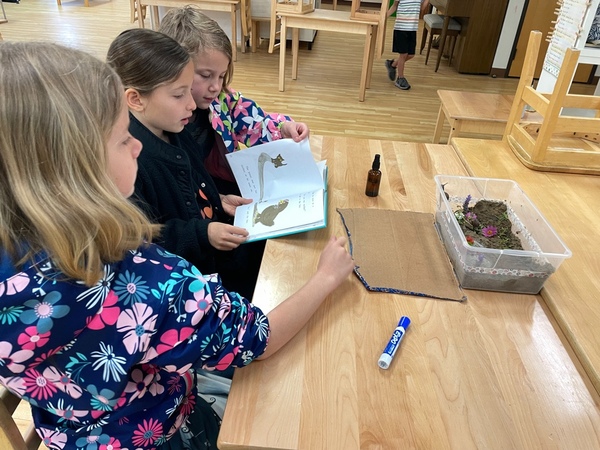(858) 759-0631
As parents, our most significant decisions are based on how to educate our children.
A core concern during their formative years is ‘what’s right for them—and us.’ Whether the question is ‘Which school’ or ‘Where is it’ or ‘Is our best choice,’ their educational path from toddler to grade school to college is always in our minds.
Today, the differences between types of schools are many. So, ‘what’s best for our kids’ today should be balanced with a long-range look forward. Today’s education will need to be applied in tomorrow’s workplace.
Four Types of Schools
There are four types of schools—religious, elite, public, and Montessori. Your beliefs, the school’s location, and costs will influence which type your child attends. Let’s examine them.
- Well-established parochial schools featuring religious-based curricula based on your beliefs are plentiful in Southern California. Teaching grade schoolers within a Biblical context is a core element.
- Elite private schools provide solid instruction but are priced out of reach for most families. For example, in San Diego County, Bishop’s, La Jolla Country Day, and Parker cost nearly $30,000 annually. That’s a lot of retirement money.
- Free public elementary schools provide a standardized approach to teaching based on rote, memorized learning and hitting DOE and CA test score guidelines.
- Are the test scores in the no-cost Poway and San Dieguito school districts above average because the instruction is so intense or because its communities have fewer low-income families lowering the mean?
- San Diego Montessori schools focus on a 100-year method of teaching academic concepts, building social skills, and highlighting personal characteristics like resourcefulness, passion, self-discipline, and motivation.
Via individualized learning, children in this private school learn from peers and older students. They learn the necessary steps to complete tasks independently and with others through observation and repetition.
The point
What our kids learn in Grades One thru Six will have constants like English, math, history, and language. No matter where they are taught, the underlying concepts, creativity, and characteristics in applying those subjects will be based on how they are taught.
In other words, we must teach our children critical thinking skills to succeed in an America that will be more scientific, technical, engineering, math, and creatively grounded than in any previous generation.
How will our kids master core academic, personal, and social skill sets if they’re memorizing rather than thinking; sitting in long rows rather than communicating in circles; rarely collaborating, and, thus, not learning to lead?
This is the Montessori school Advantage: All schools build minds, but we also build whole people with broad skill sets. Our method is based on learning fundamental steps students must take before they achieve mastery—without fear of failure and with determination and purpose.

